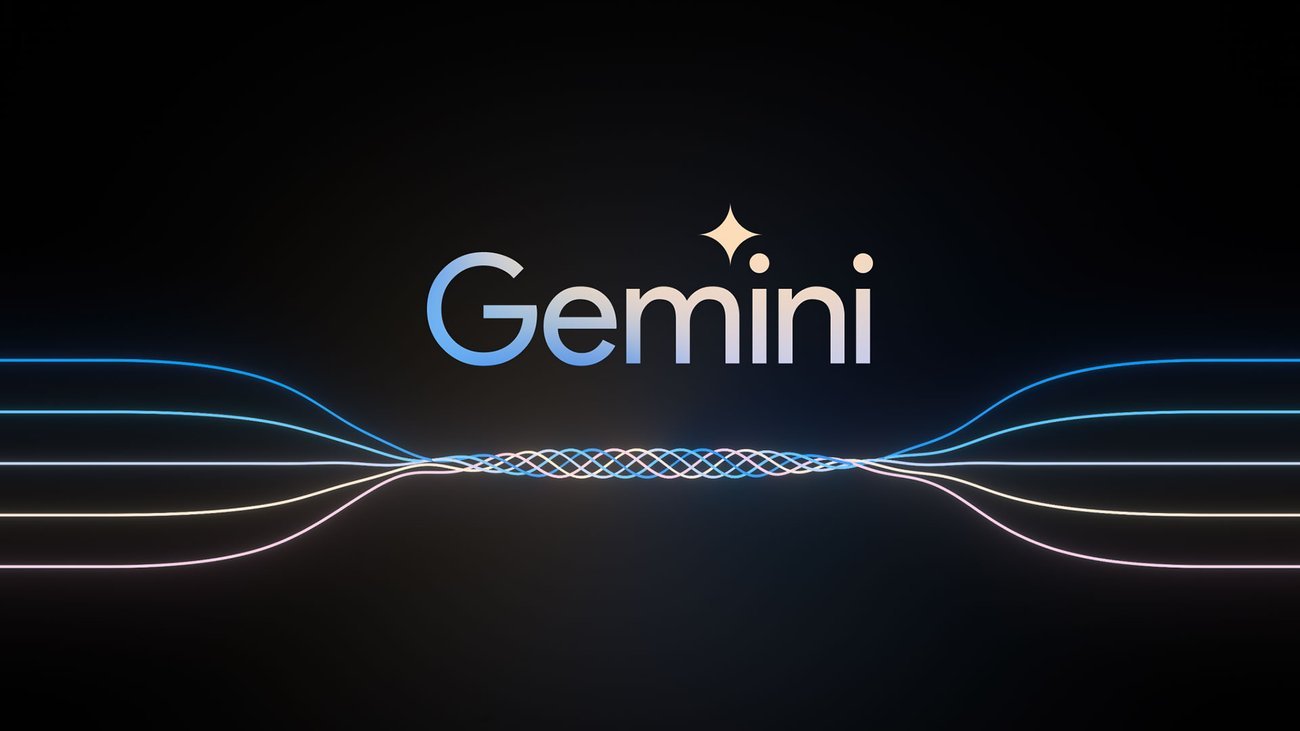As Google’s Gemini-powered AI rolls out across Gmail for business users, the world’s most widely used email platform faces a critical inflection point. While promising smarter communication, the feature simultaneously raises urgent questions about privacy, data exposure, and the creeping corporatization of personal correspondence placing the future of email itself under scrutiny.
The Smart Reply Gets Smarter But at What Cost?
Google’s latest update to Gmail introduces a significant leap in AI-driven features, specifically the Gemini-powered Contextual Smart Replies. Aimed at improving productivity, the feature allows AI to scan entire email threads to suggest highly detailed and context-aware responses. While this appears to be a natural progression in Gmail’s evolution, it also signals a fundamental shift in how user data is handled from passive storage to active interpretation.
According to Google, the feature analyzes the context of an email and offers more detailed responses to fully capture the intent of your message. It is now available in Workspace Business and Enterprise editions, where admins can toggle it on or off.
The company frames it as a time-saver: a digital assistant helping users find the right words. But critics argue it’s also a deeply invasive process, requiring AI to comb through not just individual messages, but the full breadth of private conversation threads.
Despite Google’s reassurances including opt-out controls and disclaimers that Gemini’s outputs don’t represent Google’s official views the integration of large language models into Gmail opens a new frontier in corporate access to private user data. The key issue: AI can’t generate meaningful context without understanding the message which inherently means reading it.

No Encryption, No Sanctuary: The Limitations of AI-Enhanced Email
Unlike messaging platforms like Signal or WhatsApp, Gmail lacks end-to-end encryption for its core services, especially outside enterprise walled gardens. This makes emails inherently vulnerable to interception, surveillance, and now algorithmic processing by AI. While encryption blocks even Google from reading messages, enabling such protections effectively disables AI features, including Gemini’s latest tools.
This catch-22 brings the conversation into sharp relief: you can have AI-powered convenience, or robust privacy but not both.
Adding to the complexity, Google has warned that users should not rely on Gemini features as medical, legal, financial or other professional advice, highlighting that AI suggestions may be inaccurate or inappropriate.The message is clear: the machine is helpful, but fallible —and still governed by terms of service, not moral duty or confidentiality.
With over 2 billion Gmail users worldwide, the implications are staggering. Business communication, client correspondence, legal exchanges, and sensitive health updates could all be parsed by AI systems whose algorithms are opaque and whose training data remains proprietary.
The Slippery Slope of Smart Convenience
This update isn’t happening in a vacuum. It comes on the heels of several recent cybersecurity incidents involving Google products, raising broader concerns about whether AI is a shield or a vulnerability. Critics worry that embedding AI more deeply into core applications could create attack surfaces for sophisticated phishing campaigns, social engineering, and targeted data harvesting all powered by malicious actors using AI themselves.
ALSO READ: OEMs Invited to Showcase Tech Solutions to Police and LEAs

While Google’s transparency and opt-out options are a step in the right direction, the debate goes far beyond user settings. It touches on corporate responsibility, data ethics, and the existential question of whether our digital communications are truly private.
As one tech policy analyst put it,
“When AI starts drafting your words, responding on your behalf, and shaping how you communicate — you’re not just using Gmail anymore. Gmail is using you.”


